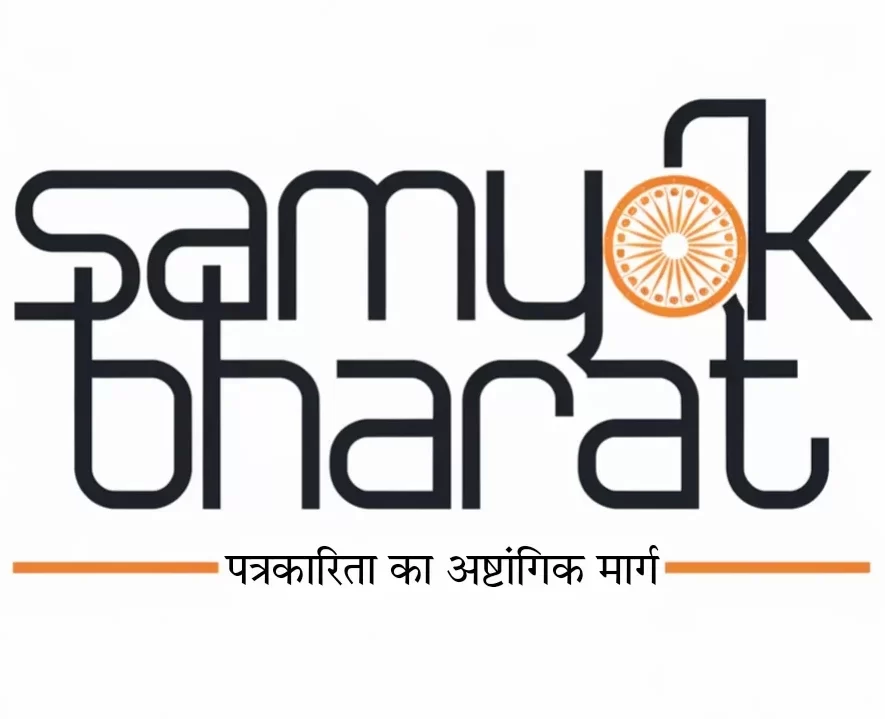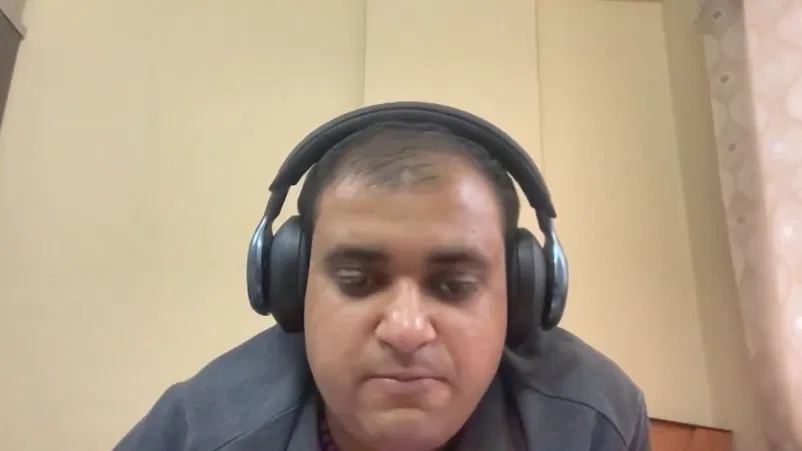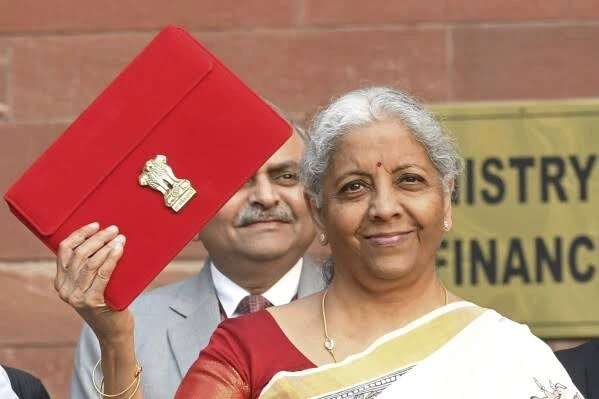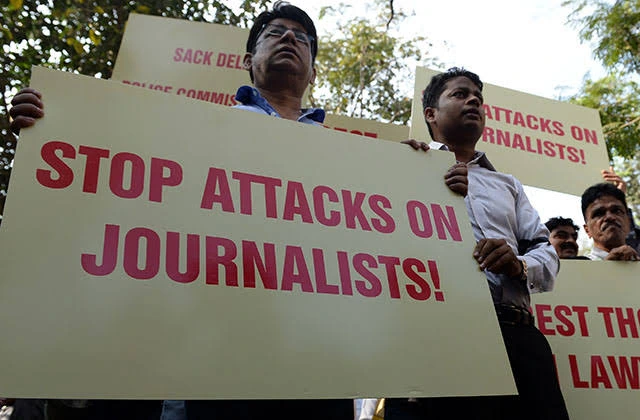MenToo: In comparison to this vast world, a family might seem like a very small entity. Yet, for an individual, their family often becomes their entire world. For an Indian middle-class man, life typically follows a simple yet profound path: he studies diligently, strives to make his parents proud, secures a good job, marries, raises a family, cherishes a modest and happy life, retires, and eventually departs. As monotonous as it may sound, this uncomplicated life is a dream—a heaven—for many Indian men. For countless parents, seeing their grown child live such a life is their ultimate aspiration.
Humans, being social creatures, rely on society to shape a harmonious existence. However, for Bengaluru techie Atul Subhash, the walls of the Jaunpur family court turned his life and that of his family into a living nightmare.
“If the court decides that the corrupt judge, my wife, and other harassers are not guilty, then pour my ashes into some gutter outside the court.” These haunting words are among the final wishes of Atul, as written in his 24-page suicide note. Alongside the note, he recorded an 80-minute video detailing the relentless harassment he endured at the hands of his wife, the court judge, his mother-in-law, and his brother-in-law.

Over two years, the court summoned Atul 120 times, equating to a hearing nearly every fifth day. Each time, he had to travel from Bengaluru to Jaunpur, where he faced humiliation from both the judge and his wife’s family. Despite already paying ₹40,000 monthly as child maintenance, his wife, Nikita Singhania, a well-paid employee at Accenture, demanded an additional ₹2 lakh per month in allowance. When Atul contested this in court, matters escalated.

In his suicide note, Atul recounted an instance where his wife demanded ₹3 crore as a settlement. Unable to afford such an exorbitant amount, he expressed his helplessness to the judge, stating that the demand could drive him to suicide. To this, Nikita heartlessly retorted in court that he should go ahead and commit suicide, a remark met with laughter from the judge, who then allegedly demanded a ₹5 lakh bribe to settle the case.

Atul also documented a chilling threat from his wife, who claimed that even if he took his own life, she would press additional charges against his family, ensuring they paid dearly.

For some, divorce signifies freedom—a chance to escape a toxic relationship and start afresh. However, the biased extremism of certain Indian judicial laws, which often presume men’s guilt even when evidence proves otherwise, has created an avenue for exploitation. Women like Nikita Singhania have misused these laws to extort money from innocent men. In India, nearly 65,000 men have taken their own lives due to false accusations and legal harassment, a statistic that continues to rise. Despite the gravity of such cases, public outrage remains minimal, with only a few VIPs, Bollywood stars, and politicians addressing the issue on social media.
In Atul’s room, a placard reading “Justice is Due” and his 24-page suicide note were found. In the note, he accused his estranged wife Nikita Singhania, her mother Nisha Singhania, her brother Anurag Singhania, and her uncle Sushil Singhania. Following this, Atul’s brother Bikas Kumar filed a complaint against them at the Bengaluru police station.
Speaking to ANI, Bikas said, “Around eight months after my brother’s wife separated from him, she filed a divorce case and leveled multiple charges against him and our family under various acts. Every law in India seems to favor women, not men. My brother fought against this injustice but ultimately left us.”
He continued, “My brother gave everything to her. This tragedy could have been avoided if he had confided in me or our father. I now request the Government of India and the President to ensure justice for my brother. If he was right, those responsible must be punished. If he was wrong, show us the proof. There must be a proper investigation into the judge named in my brother’s suicide note.”
Money, protests, alimony, and the judiciary now seem meaningless—an innocent life has been lost. What matters now is justice. Justice for Atul. All those complicit in his tragic end, including the judge who allegedly demanded a bribe, must be held accountable.
India urgently needs a law commission dedicated to men’s rights and stringent measures against fraudulent cases. Only then can we ensure that no other man endures the torment that Atul faced.



